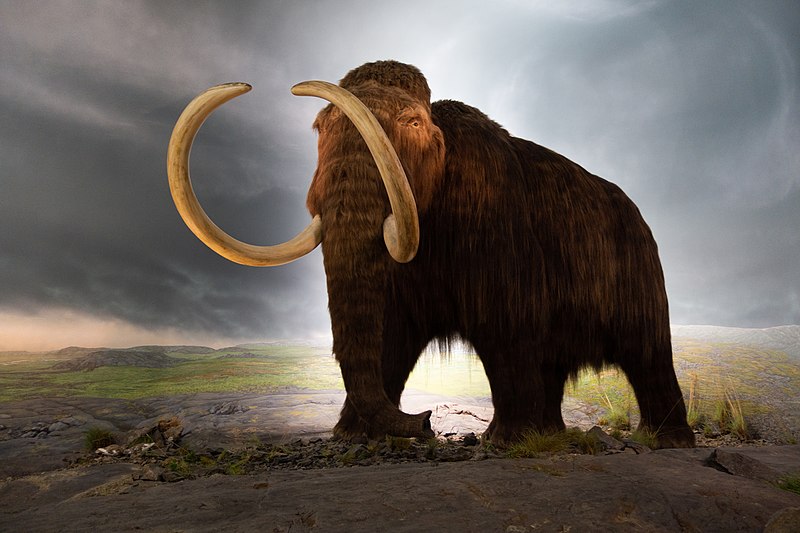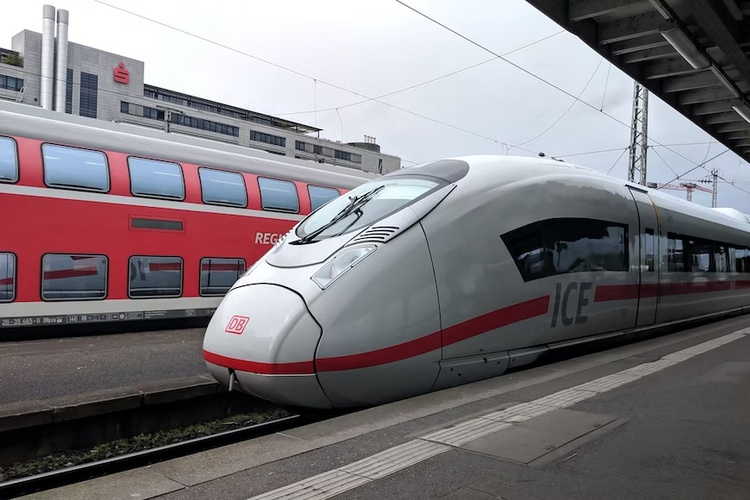May 28 NEC Energy News
¶ “Mammoths, Sloths, And Camels Are Hurting The Renewable Revolution” • The US needs new transmission lines but faces opposition. The most recent transmission line fiasco comes in the form of the Greenlink West project, which is to pass through an area famous for the fossils of wooly mammoths, giant sloths, and ancient American camels. [Oil Price]

¶ “France Cuts Red Tape For Nuclear Power Despite Cracks In Reactors” • The construction time for new nuclear reactors could be reduced by at least two years thanks to a bill that simplifies administrative procedures and planning documents. What the bill cannot address is the large cracks found in pipes at nuclear plants, leading to shutdowns. [The Connexion]
¶ “NOAA: How Greenhouse Gas Pollution Amplified Global Warming In 2022” • Greenhouse gas pollution from human activity trapped 49% more heat in the atmosphere in 2022 than those same gases did in 1990, an annual NOAA report says. The biggest culprit in global warm is the carbon dioxide emitted when fuels are burned. [CleanTechnica]
¶ “Europe Is Trying To Ditch Planes For Trains. Here’s How That’s Going” • There’s definitely been progress in Europe for the move from planes to trains. Airlines including Dutch carrier KLM are entering into rail partnerships on certain routes, while countries like Austria and France are seeking to restrict internal routes where trains are available. [CNN]

¶ “Wind Energy Has A Waste Problem. New Technologies May Be A Step Closer To Solving It” • Wind turbine blades have been difficult to recycle, but Danish wind company Vestas announced a “breakthrough solution.” New Vestas technology would allow wind turbine blades to be recycled without needing to change their design or materials. [CNN]
¶ “Volvo Proves Anti-EV Trolls Wrong” • Volvo found a way to truly stick it to the trolls that attack EVs. Addressing emissions throughout the entire production process and lifespan of the Volvo EX30, the automaker has successfully reduced the vehicle’s total carbon footprint to under 30 tonnes over a driving distance of 200,000 kilometers. [CleanTechnica]
For more news, please visit geoharvey – Daily News about Energy and Climate Change.
